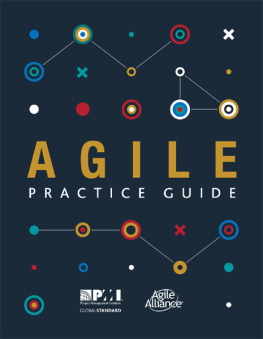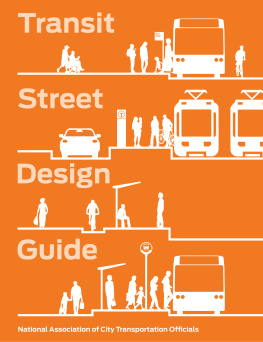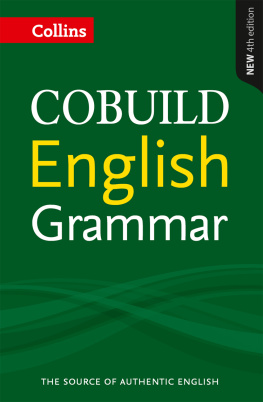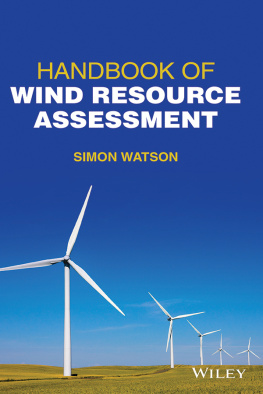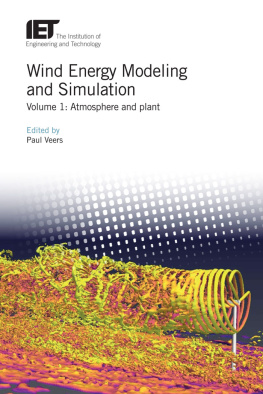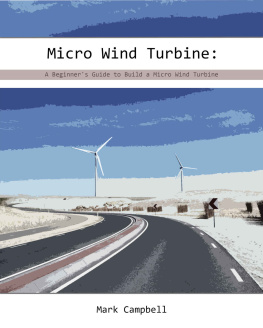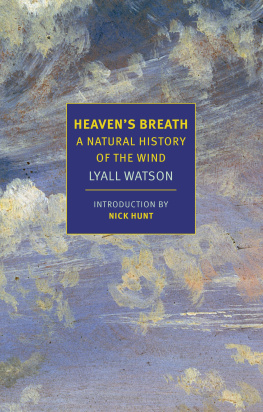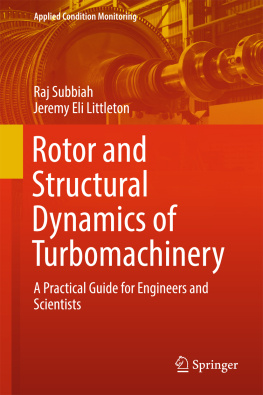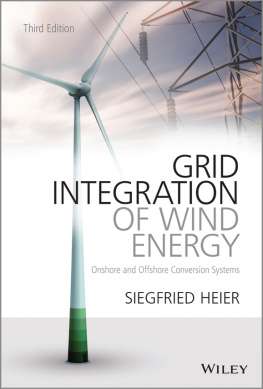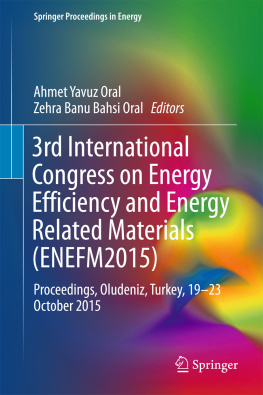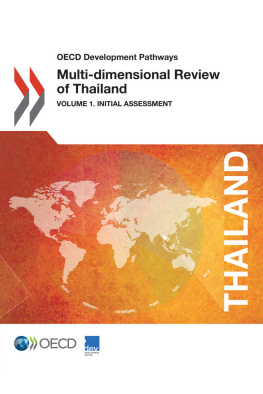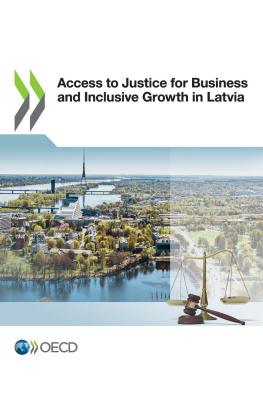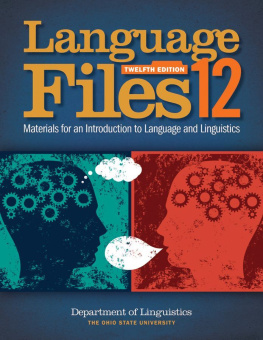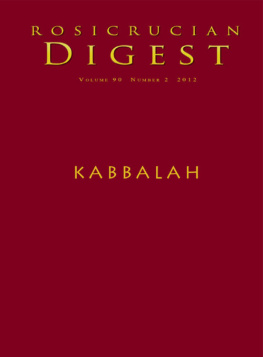coll. - Assessment of Research Needs for Wind Turbine Rotor Materials
Here you can read online coll. - Assessment of Research Needs for Wind Turbine Rotor Materials full text of the book (entire story) in english for free. Download pdf and epub, get meaning, cover and reviews about this ebook. year: 0, genre: Romance novel. Description of the work, (preface) as well as reviews are available. Best literature library LitArk.com created for fans of good reading and offers a wide selection of genres:
Romance novel
Science fiction
Adventure
Detective
Science
History
Home and family
Prose
Art
Politics
Computer
Non-fiction
Religion
Business
Children
Humor
Choose a favorite category and find really read worthwhile books. Enjoy immersion in the world of imagination, feel the emotions of the characters or learn something new for yourself, make an fascinating discovery.

- Book:Assessment of Research Needs for Wind Turbine Rotor Materials
- Author:
- Genre:
- Year:0
- Rating:5 / 5
- Favourites:Add to favourites
- Your mark:
- 100
- 1
- 2
- 3
- 4
- 5
Assessment of Research Needs for Wind Turbine Rotor Materials: summary, description and annotation
We offer to read an annotation, description, summary or preface (depends on what the author of the book "Assessment of Research Needs for Wind Turbine Rotor Materials" wrote himself). If you haven't found the necessary information about the book — write in the comments, we will try to find it.
coll.: author's other books
Who wrote Assessment of Research Needs for Wind Turbine Rotor Materials? Find out the surname, the name of the author of the book and a list of all author's works by series.
Assessment of Research Needs for Wind Turbine Rotor Materials — read online for free the complete book (whole text) full work
Below is the text of the book, divided by pages. System saving the place of the last page read, allows you to conveniently read the book "Assessment of Research Needs for Wind Turbine Rotor Materials" online for free, without having to search again every time where you left off. Put a bookmark, and you can go to the page where you finished reading at any time.
Font size:
Interval:
Bookmark:
Assessment of Research Needs for Wind Turbine Rotor Materials Technology
Committee on Assessment of Research Needs for Wind Turbine Rotor Materials Technology
Energy Engineering Board
Commission on Engineering and Technical Systems
National Research Council
NATIONAL ACADEMY PRESS
Washington, D.C.
1991
NOTICE: The project that is the subject of this report was approved by the Governing Board of the National Research Council, whose members are drawn from the councils of the National Academy of Sciences, the National Academy of Engineering, and the Institute of Medicine. The members of the committee responsible for the report were chosen for their special competences and with regard for appropriate balance.
This report has been reviewed by a group other than the authors according to procedures approved by a Report Review Committee consisting of members of the National Academy of Sciences, the National Academy of Engineering, and the Institute of Medicine.
The National Academy of Sciences is a private, nonprofit, self-perpetuating society of distinguished scholars engaged in scientific and engineering research, dedicated to the furtherance of science and technology and to their use for the general welfare. Upon the authority of the charter granted to it by the Congress in 1863, the Academy has a mandate that requires it to advise the federal government on scientific and technical matters. Dr. Frank Press is president of the National Academy of Sciences.
The National Academy of Engineering was established in 1964, under the charter of the National Academy of Sciences, as a parallel organization of outstanding engineers. It is autonomous in its administration and in the selection of its members, sharing with the National Academy of Sciences the responsibility for advising the federal government. The National Academy of Engineering also sponsors engineering programs aimed at meeting national needs, encourages education and research, and recognizes the superior achievements of engineers. Dr. Robert M. White is president of the National Academy of Engineering.
The Institute of Medicine was established in 1970 by the National Academy of Sciences to secure the services of eminent members of appropriate professions in the examination of policy matters pertaining to the health of the public. The Institute acts under the responsibility given to the National Academy of Sciences by its congressional charter to be an adviser to the federal government and, upon its own initiative, to identify issues of medical care, research, and education. Dr. Samuel O. Thier is the president of the Institute of Medicine.
The National Research Council was organized by the National Academy of Sciences in 1916 to associate the broad community of science and technology with the Academys purposes of furthering knowledge and advising the federal government. Functioning in accordance with general policies determined by the Academy, the Council has become the principal operating agency of both the National Academy of Sciences and the National Academy of Engineering in providing services to the government, the public, and the scientific and engineering communities. The Council is administered jointly by both Academies and the Institute of Medicine. Dr. Frank Press and Dr. Robert M. White are chairman and vice chairman, respectively, of the National Research Council.
This report and the study on which it is based were supported by Contract No. DE-AC04-89AL58181 between the U.S. Department of Energy and the National Academy of Sciences-National Research Council.
Library of Congress Catalog Card No. 91-60990
ISBN 0-309-13252-5 e-pub ISBN
International Standard Book Number 0-309-04479-0
NAT S-324
Additional copies of this report are available from: National Academy Press 2101 Constitution Avenue, N.W. Washington, D.C. 20418
GEORGE E. DIETER (Chairman), Dean,
College of Engineering, University of Maryland, College Park, Maryland
JAMIE CHAPMAN, Power Systems Consultant,
Boston, Massachusetts
H. THOMAS HAHN,
Department of Engineering Science and Mechanics, Pennsylvania State University, University Park, Pennsylvania
DEWEY H. HODGES,
School of Aerospace Engineering, Georgia Institute of Technology, Atlanta, Georgia
CHARLES W. ROGERS,
Bell Helicopter Textron, Inc., Fort Worth, Texas
LENA VALAVANI,
Department of Aeronautics and Astronautics, Massachusetts Institute of Technology, Cambridge, Massachusetts
MICHAEL D. ZUTECK, Consultant,
Kemah, Texas
National Research Council Staff
KAMAL J. ARAJ, Study Director,
Energy Engineering Board
THERESA A. FISHER, Study Assistant (to April 1990)
JAN C. KRONENBURG, Study Assistant (to February 1991)
JOHN A. TILLINGHAST (Chairman),
Tiltec, Portsmouth, New Hampshire
DONALD B. ANTHONY,
Bechtel Corporation, Houston, Texas
RICHARD E. BALZHISER,
Electric Power Research Institute, Palo Alto, California
BARBARA R. BARKOVICH, Barkovich and Yap, Consultants,
San Rafael, California
JOHN A. CASAZZA, CSA Energy Consultants,
Arlington, Virginia
RALPH C. CAVANAGH,
Natural Resources Defense Council, San Francisco, California
DAVID E. COLE,
University of Michigan, Ann Arbor, Michigan
H. M. (HUB) HUBBARD,
Midwest Research Institute (retired), Golden, Colorado
ARTHUR E. HUMPHREY,
Lehigh University, Bethlehem, Pennsylvania (to February 1991)
CHARLES IMBRECHT,
California Energy Commission, Sacramento, California
CHARLES D. KOLSTAD,
University of Illinois, Urbana, Illinois
HENRY R. LINDEN,
Gas Research Institute, Chicago, Illinois
JAMES J. MARKOWSKY,
American Electric Power Service Corporation, Columbus, Ohio (to February 1991)
SEYMOUR L. MEISEL,
Mobile R&D Corporation (retired), Princeton, New Jersey
DAVID L. MORRISON,
The MITRE Corporation, McLean, Virginia
MARC H. ROSS,
University of Michigan, Ann Arbor, Michigan
MAXINE L. SAVITZ,
Garrett Ceramic Component Division, Torrance, California
HAROLD H. SCHOBERT,
Pennsylvania State University, University Park, Pennsylvania
GLENN A. SCHURMAN,
Chevron Corporation, San Francisco, California
JON M. VEIGEL,
Oak Ridge Associated Universities, Oak Ridge, Tennessee
BERTRAM WOLFE,
GE Nuclear Energy, San Jose, California
Staff
ARCHIE L. WOOD, Executive Director,
Commission on Engineering and Technical Systems, and
Director,
Energy Engineering Board (to January 1991)
MAHADEVAN (DEV) MANI, Director, Energy Engineering Board
KAMAL J. ARAJ, Senior Program Officer
ROBERT COHEN, Senior Program Officer (retired)
GEORGE LALOS, Senior Program Officer
JAMES J. ZUCCHETTO, Senior Program Officer
JUDITH A. AMRI, Administrative/Financial Assistant
THERESA M. FISHER, Administrative Secretary
JAN C. KRONENBURG, Administrative Secretary
PHILOMINA MAMMEN, Administrative Secretary
NANCY WHITNEY, Administrative Secretary
Wind-driven power systems represent a renewable energy technology that is still in the early stages of development. These wind power plants installed in the early 1980s suffered structural failures chiefly because of incomplete understanding of the wind forces (especially the turbulence component) acting on these large structures and in some cases because of poor quality in manufacture. Failure of the rotor blades was one of the principal and most serious structural failures. Failures from these causes are now somewhat better understood. Another limitation to economical achievement of the potential of wind energy is uncertainty about the long-term response of wind turbine rotor materials to the turbulent stochastic loadings to which they are subjected. These structures can be subjected to as many as a billion stress cycles.
Font size:
Interval:
Bookmark:
Similar books «Assessment of Research Needs for Wind Turbine Rotor Materials»
Look at similar books to Assessment of Research Needs for Wind Turbine Rotor Materials. We have selected literature similar in name and meaning in the hope of providing readers with more options to find new, interesting, not yet read works.
Discussion, reviews of the book Assessment of Research Needs for Wind Turbine Rotor Materials and just readers' own opinions. Leave your comments, write what you think about the work, its meaning or the main characters. Specify what exactly you liked and what you didn't like, and why you think so.



